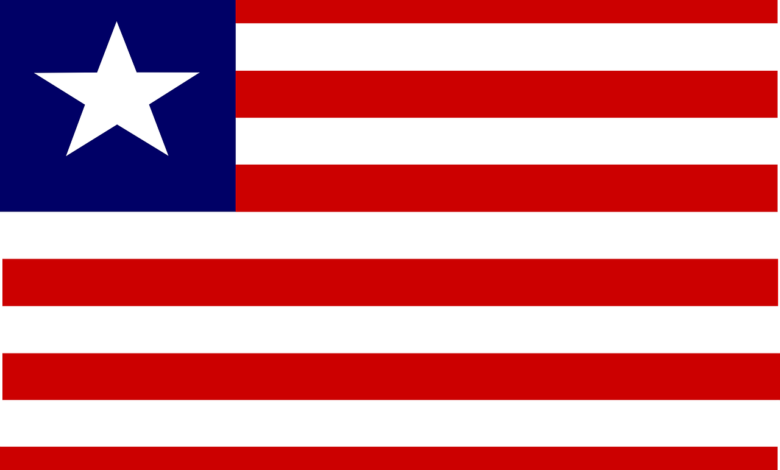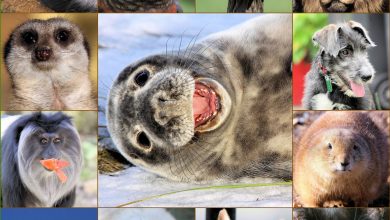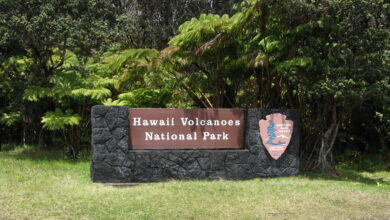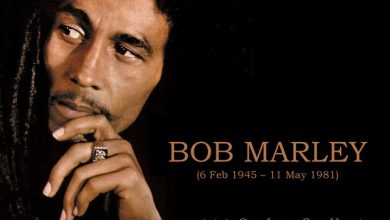Liberia Facts, History, Culture & Travel – Africa Facts Zone
Africa's Oldest Republic Rises from the Ashes

Liberia: Country on the West African coast
Capital and largest city: Monrovia
Official language: English
Population (2023 estimate): 5,506,280
Independence declared: July 26, 1847
Area: 43,000 sq mi (111,370 km²)
GDP (PPP, 2023 estimate): $9.718 billion
The Jewel of West Africa
Liberia is the only African nation that was never colonized by European powers. As Africa’s oldest republic, this resilient country has confronted and overcome significant challenges, including civil war and economic hardships.
But like a phoenix rising from the ashes, this West African gem is soaring to new heights, captivating the world with its unique blend of culture, natural beauty, and determination.
Join me as we explore the untold story of this remarkable nation and discover why Liberia is a must-visit destination for adventurous travellers and history buffs alike.
Also Read: African Safari in Kenya Nairobi; The 5 Best Safari Parks in Kenya to Explore
A Brief History of Liberia
The Founding of a Nation
Liberia’s journey began in the early 19th century when the American Colonization Society (ACS) established a settlement for freed African American slaves.
In 1847, Liberia declared its independence, becoming the first African republic and the only one never colonized by European powers. The nation’s name, which means “Land of the Free,” reflects the aspirations of its founders and the resilience of its people.
The Struggle for Stability
Despite its promising beginnings, Liberia faced numerous challenges in the decades following its independence. Political instability, economic stagnation, and social unrest plagued the country, culminating in a devastating civil war in the 1990s.
The conflict ravaged the nation, leaving deep scars on its people and its infrastructure. However, Liberia’s resilience shone through, and since 2003, the country has been on a path of recovery and reconciliation.
Geography and Natural Beauty
Liberia’s diverse landscape is a testament to its natural wonders. From the sandy coastal plains to the rolling hills and lush rainforests inland, the country is a treasure trove of breathtaking scenery.
The St. Paul and Cavalla rivers not only nourish the land but also provide essential resources for agriculture and hydroelectric power. Liberia’s biodiversity is truly exceptional, with a rich variety of flora and fauna that captivates visitors from around the world.
Exploring Liberia’s Wonders
- Sapo National Park: This protected area in southeastern Liberia is home to a diverse array of wildlife, including chimpanzees, pygmy hippopotamuses, and over 125 species of birds.
- Robertsport: Known for its stunning beaches and world-class surfing, this coastal town is a popular destination for beach lovers and adventure seekers.
- Mount Nimba Strict Nature Reserve: This UNESCO World Heritage Site, shared with Côte d’Ivoire and Guinea, boasts a unique ecosystem and is home to several endemic species.
Culture and Language
Liberia’s cultural landscape is as diverse as its geography, with over 20 indigenous languages spoken alongside English, the official language.
The amalgamation of cultures has given rise to vibrant art forms, music, dance, and festivals that celebrate the country’s rich heritage. The spirit of the nation can be felt during celebrations like Independence Day, when Liberians come together to honour their history and their shared identity.
Experiencing Liberian Culture
Attend a traditional dance performance: Witness the energy and grace of Liberian dance, which incorporates elements from various ethnic groups.
- Visit a local market: Immerse yourself in the sights, sounds, and smells of Liberian markets, where you can find handcrafted goods, fresh produce, and a glimpse into daily life.
- Learn about the history of the Americo-Liberians: Explore the legacy of the freed African American slaves who founded Liberia and their influence on the country’s culture and politics.
Economy and Development
Liberia’s economy has faced significant challenges, but the country is working to diversify and strengthen its industries.
Also Read: Gambia Facts, History, Culture & Travel – Africa Facts Zone
Agriculture remains a key sector, with rubber, cocoa, and palm oil as major export commodities. Mining, particularly gold production, has emerged as a growing industry, and the government is actively promoting sustainable development and foreign investment.
Liberia’s Economic Potential
- Ecotourism: With its stunning natural beauty and unique cultural heritage, Liberia has immense potential for growth in the ecotourism sector.
- Renewable energy: The country’s abundant water resources make it well-suited for hydroelectric power, and there are plans to expand renewable energy infrastructure.
- Diversification: Liberia is working to diversify its economy by promoting industries such as manufacturing, services, and technology.
Challenges and Opportunities
While Liberia has made significant strides in rebuilding and developing, various challenges remain. Political stability, infrastructure development, and addressing health care and education needs are ongoing priorities for the government and its international partners.
However, the Liberian people’s determination fuels hope for a brighter future, and the country is poised to seize new opportunities for growth and prosperity.
Conclusion: A Nation on the Rise
Liberia’s story is one of resilience, strength, and an unwavering belief in a prosperous future. As the country moves forward from its tumultuous past, it stands on the edge of a new dawn, ready to showcase its unique identity, rich heritage, and breathtaking landscapes to the world.
Whether you’re a history buff, a nature lover, or simply someone in search of a truly authentic travel experience, Liberia is a destination that will leave an indelible mark on your heart and soul.
FAQs about Liberia
What is Liberia famous for?
Liberia is famous for being Africa’s oldest republic and its rich cultural heritage, which blends African traditions with the influence of freed American slaves.
What languages are spoken in Liberia?
The official language is English, but over 20 indigenous languages, including Kpelle, Bassa, and Grebo, are spoken throughout the country.
How did Liberia gain independence?
Liberia declared independence on July 26, 1847, becoming the first African republic to do so. The country was founded by freed African American slaves who established a settlement on the coast of West Africa.
What challenges has Liberia faced?
Liberia has faced significant challenges, including civil war, economic stagnation, and infrastructural needs. The country has also struggled with political instability and corruption in the past.
How is the economy of Liberia structured?
Liberia’s economy relies heavily on agriculture, with major exports including rubber, cocoa, and palm oil. Mining, particularly gold production, has emerged as a key focus for economic growth in recent years.
What is the capital of Liberia?
Liberia’s capital is Monrovia, named after U.S. President James Monroe. It is the largest city in the country and a major commercial and cultural centre.
What are some tourist attractions in Liberia?
Liberia boasts beautiful beaches, vibrant markets, and wildlife reserves such as Sapo National Park, which is home to a diverse array of flora and fauna. The country’s rich history and cultural heritage also attract visitors from around the world.





